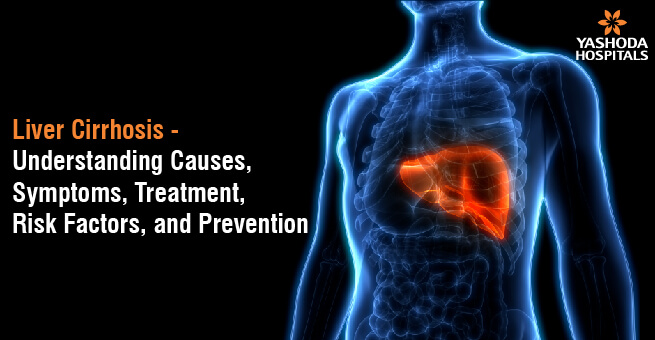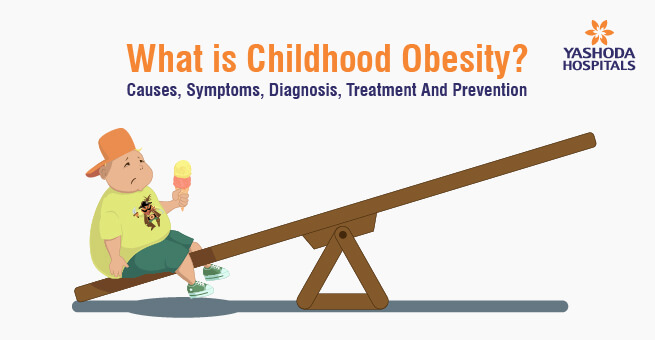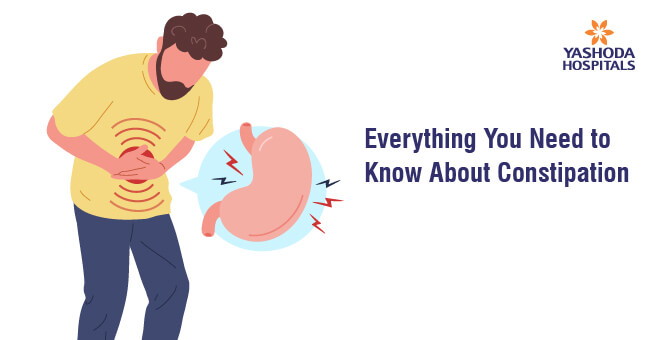Chronic Constipation

If your bowel movements are difficult or happen less often than normal, it may be a sign of chronic constipation
Chronic constipation is a condition marked by irregular bowel movement and difficulty in passage of stools. If there are three or fewer bowel movements in a week, it is generally called as constipation. Before providing for the right course of treatment, the underlying causes of chronic constipation are identified.
CAUSES
Chronic constipation occurs due to many factors. These include narrowing of the colon (bowel stricture), anal fissure, colon cancer, bowel obstruction, abdominal or rectal cancer, and rectocele. Autonomic neuropathy, multiple sclerosis, ParkinsonÛªs disease, spinal cord injury and stroke also some of the neurologic conditions that may cause chronic constipation. Chronic constipation is also seen in those affected by diabetes, overactive parathyroid gland, pregnancy and underactive thyroid (hypothyroidism).
SYMPTOMS
The symptoms of chronic constipation include, fewer than three stools a week, lumpy or hard stools, strained bowel movement, and blockage of the rectum.
RISKS AND COMPLICATIONS
People with certain medical conditions are at the risk of having chronic constipation. The aged and women with little or no physical activity present higher incidence of chronic constipation. In some, medications for the treatment of lower blood pressure may cause chronic constipation. The complications of chronic constipation include hemorrhoids (swollen veins in the anus), anal fissure (torn skin in the anus), fecal impaction (not expelled stool) and rectal prolapse.
TESTS AND DIAGNOSIS
The doctor may look for symptoms of chronic constipation. To confirm the constipation condition, the doctor may recommend for sigmoidoscopy (examination of the rectum and colon) or colonoscopy (examine entire colon). Sometimes the doctor may advice for anorectal manometry to evaluate the function of the anal sphincter muscle. In certain cases, the X-ray is recommended for colonic transit, muscle function and muscle coordination.
PREVENTION
Chronic constipation can be controlled by making diet and lifestyle changes. Proper diet helps in easy movement of stool through the intestines and helps to reduce constipation. This includes intake of fiber-rich foods and fresh fruits. Adequate exercise every day or thrice a week, and providing enough time to have a bowel movement helps during chronic constipation condition.
Know more about symptoms, causes, diagnosis, risk factors and treatment of irritable bowel disease
























